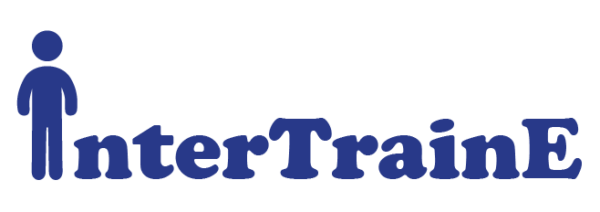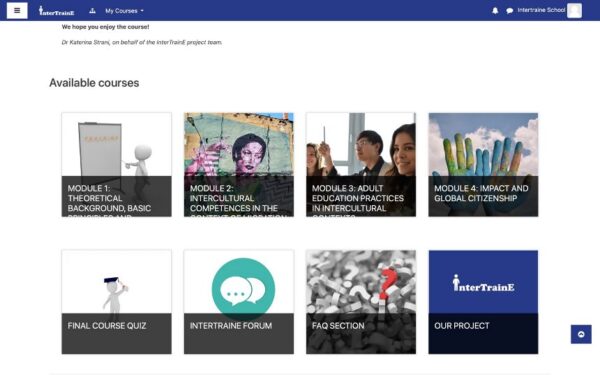In this blog, Katerina Strani, Deputy Director of the Intercultural Research Centre, reflects on teaching in a global university, shares the outputs of the Intercultural Training for Educators project, and invites colleagues to explore the resources.
At Heriot-Watt, we teach international students from all backgrounds in five campuses in the UK, Dubai and Malaysia. The pandemic brought this global community closer together, as we had to co-develop material for RBL and teach more cross-campus live classes. But it also exposed how teaching international students requires us to reconsider some of our practices and premises because of cultural differences in our approaches to learning and education.
That silence in the class could show that the student is waiting for permission to speak in order to answer your question. The lack of critical engagement could mean that the student thinks that they are not allowed to challenge you, but they expect you to give all the correct answers. Their disappointment and lack of improvement might be because they have different understandings of feedback and its purpose.
These are some of the themes that we tackle in our project on Intercultural Training for Educators, which is the result of a European Commission Erasmus+ grant we were awarded 2 years ago, with partners from Finland, Italy and Greece. We started out looking at refugee and newly arrived migrant learners, but our needs analysis research showed that educators of migrant adult learners more broadly (including international students) felt that they did not have the tools to support learners or manage intercultural classrooms. To address this, we developed a free online course in all partner languages on Intercultural Training for Educators (InterTrainE). The course, which is equivalent to 5 EQF credits, has now been tested and externally evaluated.
The course can be accessed on Moodle and the project outputs (research reports, curriculum, teachers’ handbooks etc) can be found on the outputs page of the project website, in all project languages (English, Finnish, Greek, Italian).

The InterTrainE course is divided into 4 Modules:
Module 1: Basic Principles and Concepts
This module discusses interculturalism and intercultural education in the context of critical adult education. We look at dimensions of privilege and their role in the classroom. The discussion includes power dynamics in intercultural classrooms, motivation, language of instruction, languages of learners, empowerment and co-construction of knowledge.
Module 2: Intercultural Competences in the Context of Migration
Module 2 discusses the context of voluntary and forced migration and how this may influence learners’ attitudes and experiences in the classroom. It covers stereotypes, bias, uncertainty, trauma, deskilling, confidence and motivation. It focuses on empathy as a key competence and how to develop it as an educator.
Module 3: Adult education practices in intercultural contexts
Module 3 revisits group dynamics in intercultural classrooms and discusses racism and discrimination in the classroom with relevant case-studies.
Module 4: Impact and global citizenship
The final module discusses our role as educators, taking into account everything we have learned and discussed so far. The module looks at both personal and social impact, and how education can contribute to global citizenship.

A certificate of completion awarding 5 EQF credits is issued to learners who complete the course and achieve a minimum of 70% in each Module. Learners can choose to complete part of the course according to their training needs, however they will not receive a certificate of completion if they do not complete all 4 Modules. There is a discussion forum where you are invited to ask questions and discuss key concepts or case studies in the course under the principles of peer learning. The course is accompanied by a Course Syllabus and a Trainees’ Handbook.
Please feel free to use any of the material for the benefit of colleagues and students, acknowledging the project, in accordance with the Creative Commons Attribution-ShareAlike 4.0 International licence. In a Global University, we can’t teach international students without intercultural education.






